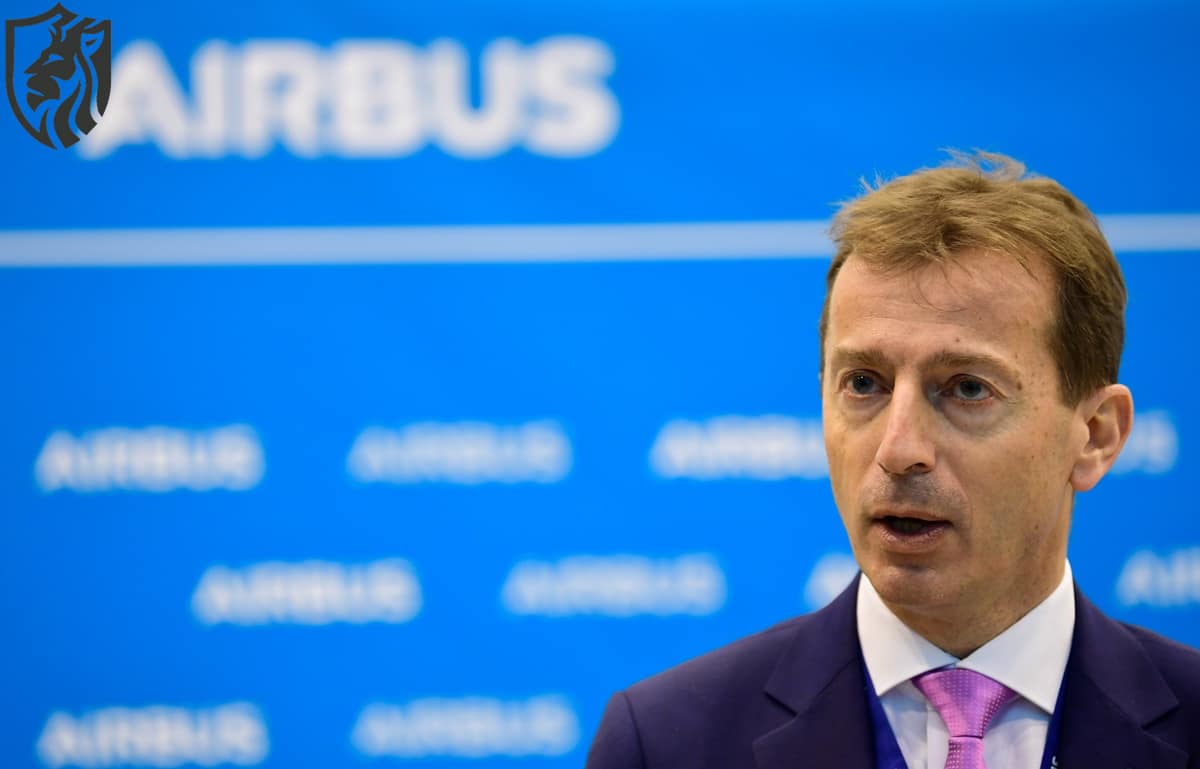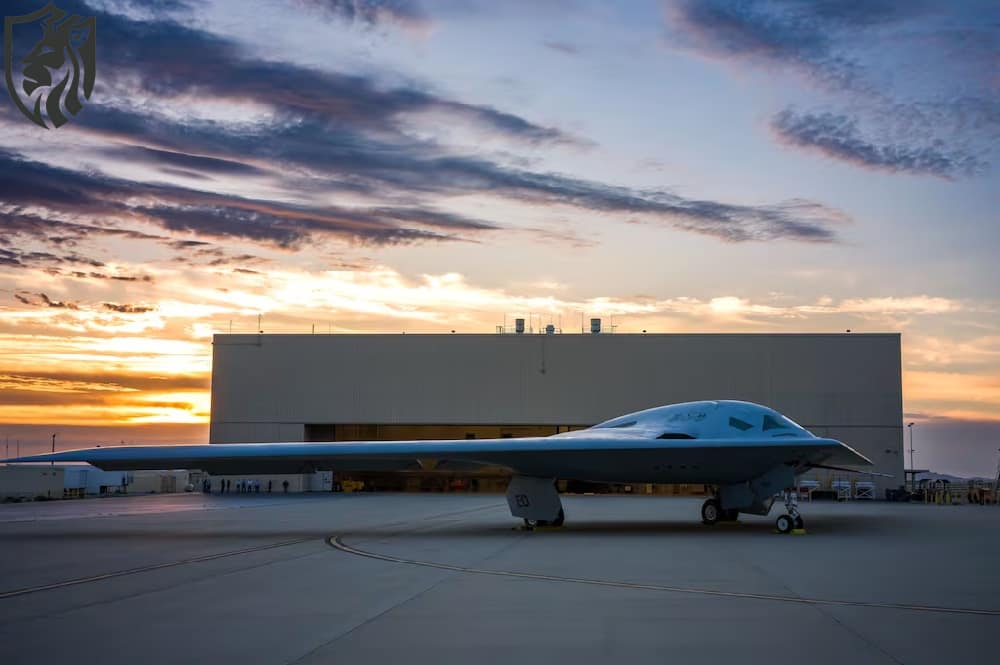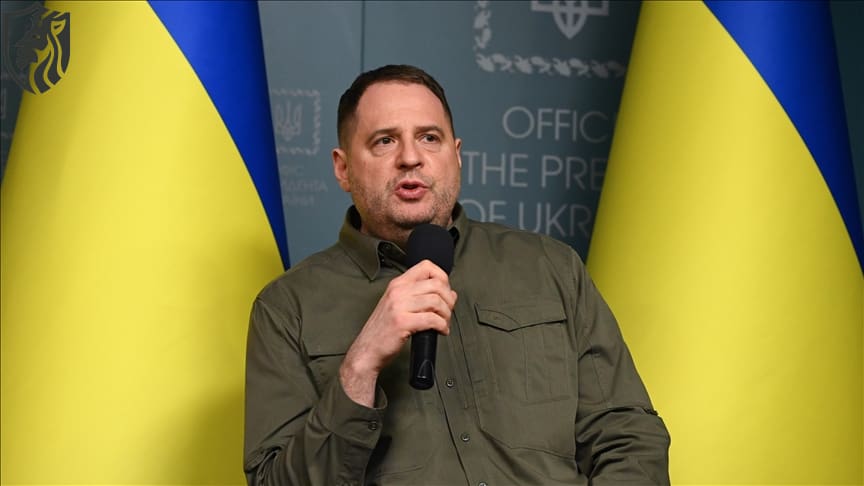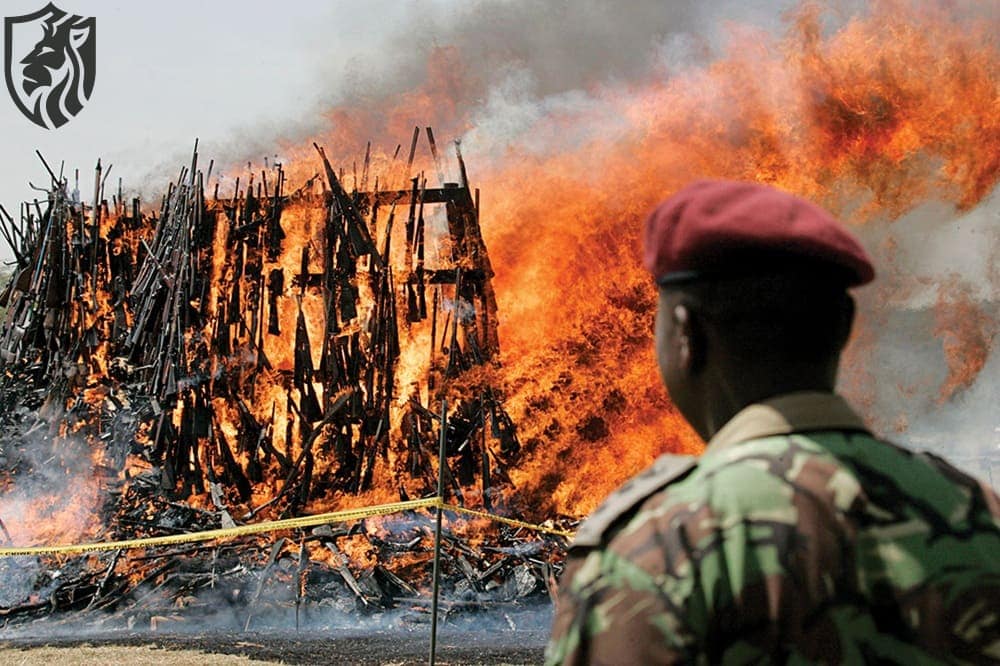
Airbus CEO says France free to leave FCAS
What happened—and why it matters
Airbus CEO Guillaume Faury has signalled that France can walk away from FCAS if it rejects its current industrial setup. He made the remarks alongside quarterly results, responding to Dassault’s renewed push for a larger lead on the Next Generation Fighter (NGF) pillar. The Airbus CEO: France’s free-to-leave FCAS message raises the pressure on partners to settle workshare and leadership disputes across a €100 billion sixth-generation air combat system.
The crux: leadership and workshare
Dassault Aviation, France’s prime contractor, seeks a stronger lead on the crewed fighter. Airbus Defence & Space, Germany’s prime contractor, wants balanced responsibilities across NGF, remote carriers (drones), sensors, and the combat cloud. Therefore, both sides frame leadership as essential to quality, schedule, and export success. Yet the Airbus CEO’s ‘France is free to leave the FCAS line’ also implies that Paris must either agree on governance or choose another path.

Timelines under strain
Berlin, Paris, and Madrid reportedly aimed to resolve the rift by year-end. However, France’s government reformation has already delayed a planned October ministerial in Berlin. Consequently, risk increases for the next program phase and for near-term demonstrator milestones. Any slippage would ripple into budgets, industry staffing, and national fighter replacement roadmaps.
Why France’s threat is credible
France previously quit two European fighter efforts, including Eurofighter, to develop Rafale alone. Therefore, a unilateral NGF remains politically possible if Paris deems FCAS unworkable. Nevertheless, going solo would demand massive public funding, sustained supply-chain depth, and export alignment. Moreover, interoperability with Germany and Spain would require new frameworks, which could slow fielding.
Industrial and strategic stakes
FCAS is more than a jet. It aims to network a crewed fighter with loyal wingman drones, sensors, and an AI-enabled combat cloud. As a result, leadership touches software, data rights, and test infrastructure—not just airframe design. If governance falters, Europe will face parallel programs, duplicate spending, and reduced economies of scale. Conversely, a clear settlement could anchor Europe’s future airpower and secure thousands of high-skill jobs.

What each side needs next
- France/Dassault: Formal guarantees on NGF leadership, interfaces, and IP protections.
- Germany/Airbus: Assurances of balanced, testable workshare across pillars and transparent decision rights.
- Spain/Indra and partners: A safeguarded role in sensors, systems integration, and combat cloud.
Because all three need predictable schedules, ministers must lock governance, freeze requirements, and protect the demonstrator’s path.
Bottom line
Faury’s comment—Airbus CEO: France is free to leave FCAS—is leverage and warning. Either partners codify leadership and workshare now, or FCAS risks delay, dilution, or divergence. Europe’s sixth-gen future hinges on governance discipline as much as engineering excellence.








